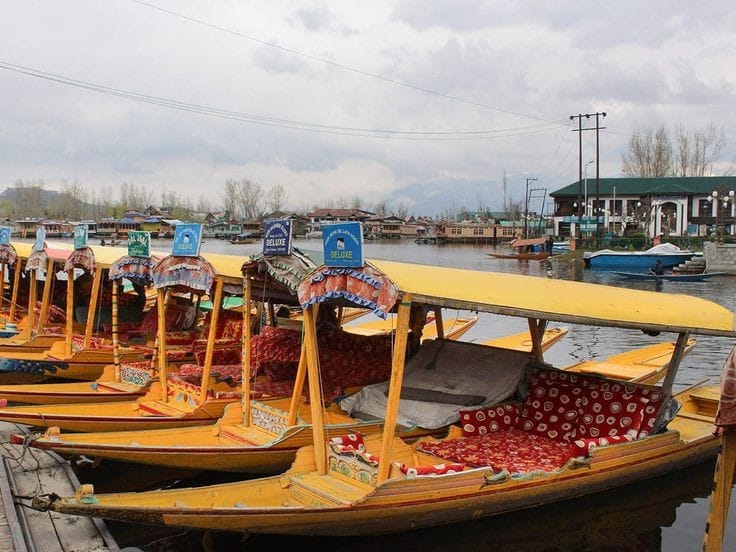In a recent development, NTPC (National Thermal Power Corporation) has raised concerns and requested the annulment of the allocation of the Banai-Bhalumuda coal block to JSW Steel. The allocation was made to JSW Steel under the sixth tranche of commercial mines auction held in November. These coal mines were initially under the possession of National Thermal Power Corporation Limited, with plans for development for captive use.
National Thermal Power Corporation Limited, one of India’s largest power generation companies, has expressed its objection to the allocation of the Banai-Bhalumuda coal block to JSW Steel. The coal block, located in the state of Odisha, is considered to be rich in reserves and has significant potential for extraction.
The allocation of coal blocks through commercial mines auctions has been a key initiative by the Indian government to promote transparency and efficiency in the coal sector. Under this process, private companies are granted the rights to extract coal from the allocated blocks for commercial purposes.
However, National Thermal Power Corporation Limited has argued that the Banai-Bhalumuda coal block was previously under its possession and intended for captive use in its power generation projects. The company believes that the allocation to JSW Steel would hamper National Thermal Power Corporation Limited’s plans for utilizing the coal reserves to meet its internal coal requirements.
NTPC’s request for the cancellation of the allocation to JSW Steel highlights the complexities and challenges surrounding the allocation of coal blocks, particularly when there is a conflict of interest between different stakeholders. The government will now need to carefully assess the situation and consider the merits of National Thermal Power Corporation Limited’s request.
JSW Steel, a prominent player in the Indian steel industry, had successfully secured the Banai-Bhalumuda coal block during the auction process. The company had expressed its enthusiasm for acquiring the block, as it would enhance its raw material security and support its ambitious growth plans.
The allocation of the Banai-Bhalumuda coal block to JSW Steel was seen as a strategic move to strengthen the domestic steel industry and reduce reliance on coal imports. However, NTPC’s objection has introduced a new dimension to the situation, prompting a closer examination of the circumstances surrounding the allocation.
The decision to cancel or uphold the allocation will have significant implications for both NTPC and JSW Steel. It will impact National Thermal Power Corporation Limited’s coal sourcing strategy and may necessitate alternative arrangements to meet its coal requirements. For JSW Steel, the allocation cancellation would require a reevaluation of its raw material sourcing plans and potentially affect its long-term growth aspirations.
The government, as the overseeing authority, will need to carefully evaluate National Thermal Power Corporation Limited’s concerns and assess the potential implications of the allocation cancellation. The decision should strike a balance between promoting a competitive and efficient coal sector while considering the interests of all stakeholders involved.
This episode underscores the complexities of resource allocation and highlights the need for effective coordination and communication among different sectors of the economy. It also underscores the importance of ensuring transparency and fairness in the allocation process to prevent conflicts and disputes in the future.
As the government evaluates National Thermal Power Corporation Limited’s request and deliberates on the way forward, industry stakeholders and market observers will closely monitor the developments. The outcome of this situation will have implications not only for NTPC and JSW Steel but also for the broader coal and power sectors in India.
The government’s decision, whatever it may be, will set a precedent and shape future coal block allocations. It will also influence the investment climate in the coal sector and impact the growth trajectory of companies involved in coal-dependent industries.
In the coming weeks, further discussions and consultations are expected to take place to reach a resolution that addresses the concerns of all parties involved. The outcome will determine the fate of the Banai-Bhalumuda coal block allocation and shape the dynamics of the coal industry in the years to come.










